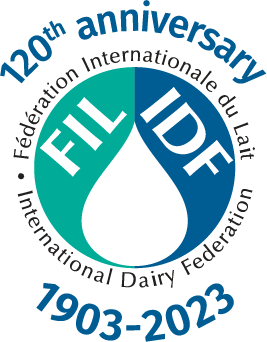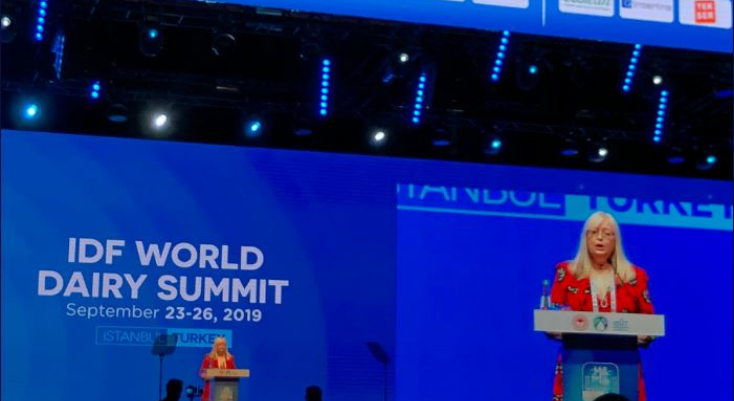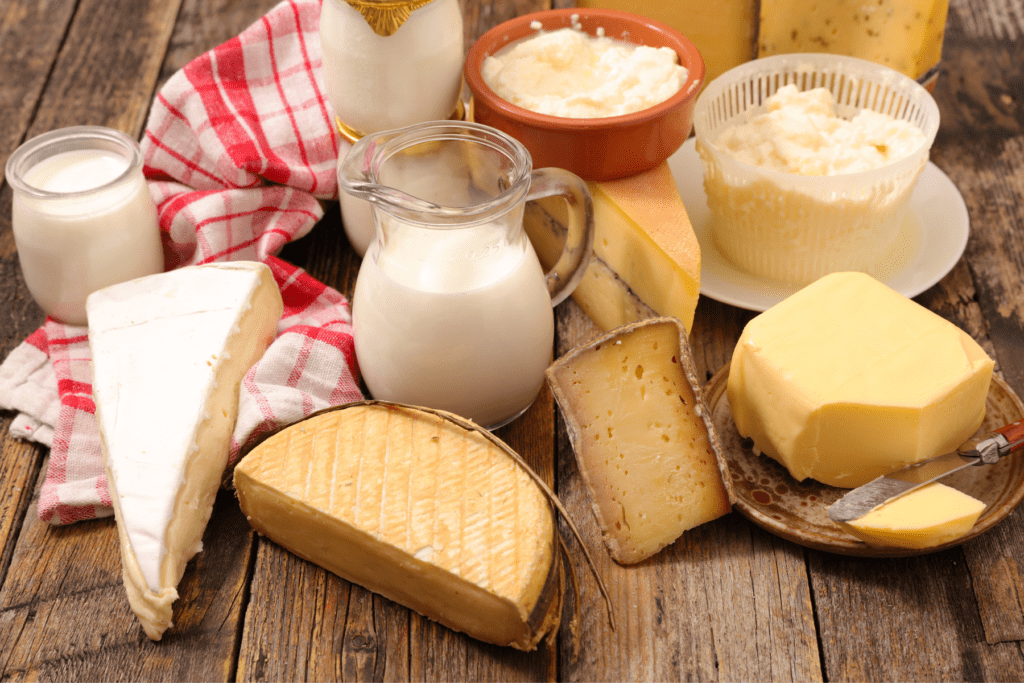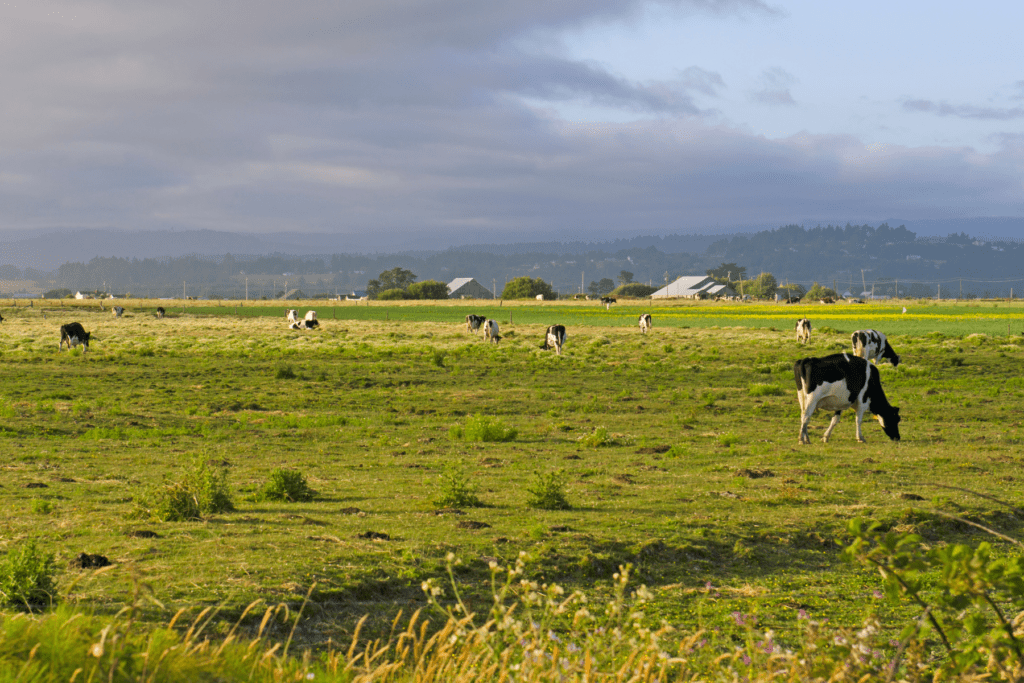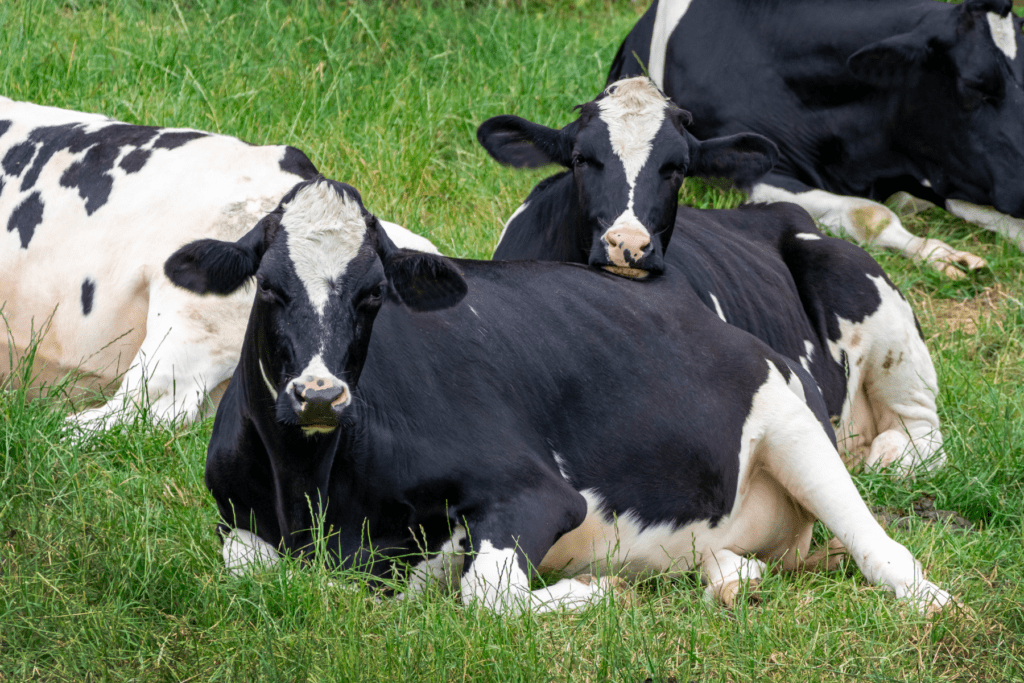Building trust in dairy
To ensure that people maintain confidence in dairy as part of a healthy and sustainable diet for the future, increased emphasis should be placed on what the dairy sector is doing to contribute towards zero hunger, zero carbon and other sustainable development goals. As put forward by Hanne Søndergaard, Chief Marketing Officer at Arla Foods:
“Dairy has a lot to offer in nourishing the world. We need to build in trust in dairy and stand up for dairy as part of a sustainable diet.”
Focus should be placed on what the dairy sector is doing in terms of climate action, and how the dairy sector is taking strides to produce more milk with less land and less water. To achieve carbon net zero, the sector needs to adopt a strategy that covers the whole value chain from cow to consumer and addresses multiple areas: climate, air, water and nature.
Potential measures include climate checks at farms; carbon sequestration; precision farming; innovation across farms, supply chain and products; dairy powered by renewables; green packaging and measures to combat food waste.
Understanding local markets
“With China’s 400 million middle class, dairy consumption levels are growing rapidly.” Li-hua Wei, President of Junlebao Dairy China
Understanding consumer demand, the market’s potential and challenges is a priority for China, along with the need to work more sustainably. Integration and innovation based on local resources promote high-quality dairy.
“100 million rural families depend on dairying and animal husbandry” R S Sodhi, Managing Director of Amul India
Founded in 1946 as a response to exploitative trade practices by middlemen, the Amul Cooperative is the largest in India, jointly owned by 3.6M farmers. The Amul model of dairy development is a three-tiered structure with the dairy cooperative societies federated at the milk union at the central level and a federation of member unions and the state level. In addition, allowing farmers the control of procurement, processing and marketing, the cooperatives are sensitive to the needs of farmers and their demands.
Improving lives
“What have we achieved in 22 years? Poverty eradication, women empowerment, job creation and nutritional security” Margaret Munene, Palmhouse Dairies
Margaret Munene of Palmhouse Dairies Kenya gave an inspirational presentation outlining how dairy can contribute to SDG4 and SDG10. The Kenyan processor model contributes to livelihoods, education and sustainability for small scale farmers in Kenya, enabling women and their families to thrive, and demonstrates what dairy can achieve for communities. Training is key for farmers in Kenya, along with health insurance and educational aid.
Dairy’s role in the empowerment of women was also discussed by Idil Yigitbaşı, Pınar Süt, who presented details on training programmes available exclusively to female dairy farmers.
Focus on nutrition
“We need to stop talking about food and start looking at nutrition. We need to optimise our diets based on health and sustainability” Margrethe Jonkman, Corporate Director Research & Development, FrieslandCampina Innovation Centre
One of the biggest global challenges today is to make food production and consumption both healthier and more sustainable. The associated issues are diverse and concern growing world population, malnutrition, high contribution to climate change. Defining healthy and sustainable food patterns is complex and should be based on a systematic investigation and sound scientific data.
Encouraging the next generation
Taking measures to encourage young people to continue the legacy of dairy farming and focusing more on millennial and generation Z and their consumer requirements were raised as priorities.
The number of young people in dairy farms is decreasing. With the average age of dairy farmers between 40-60, and many families setting their children along different career paths, more must be done to make dairy farming an attractive profession.
“As an industry we should focus more on millennial and generation Z and their consumer requirements. We need to focus on the future of dairy while protecting our one and only planet” Idil Yigitbaşı, Pınar Süt
It was suggested that as an industry, more focus should be paid to this consumer group, understanding their needs and expectations on health and wellness, as well as transparency, traceability, and sustainability.
